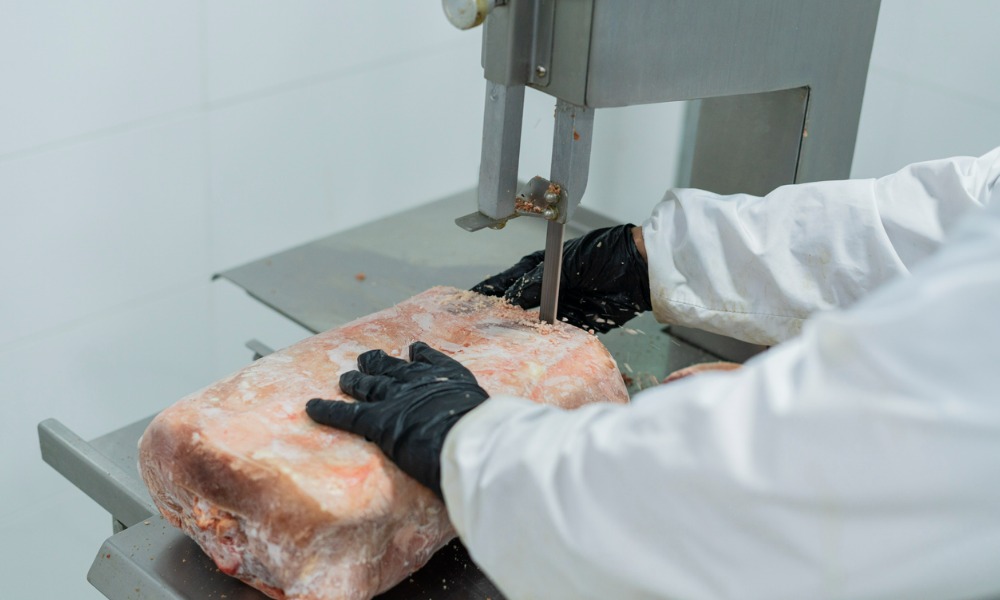
Worker looking for workers' comp after cutting her fingers on meat cutting machine

A workers’ compensation judge should evaluate the evidence against relevant factors to decide whether an employee’s physical injury is catastrophic if it does not involve loss of a limb, paralysis, severe burns, or severe head injury, a recent ruling said.
Smithfield Foods, Inc. – the defendant in the case of Canahui De Buraye vs. Smithfield Foods, Inc.; Safety National Casualty, administered by ESIS – employed the applicant as a meat processing worker. She earned $685.27 per week.
In April 2019, the applicant was injured when she allegedly cut her fingers on a meat cutting machine. She asked for workers’ compensation.
Read more: Ex-San Diego Padres player seeks workers’ compensation for cumulative injury
The applicant suffered symptoms of apathy, irritability, despondency, sleep problems, and ongoing pain as a result of her work injury, the psychiatric qualified medical evaluator said. Her psychiatric injury was compensable under section 3208.3 of California’s Labor Code because it was predominantly related to the April 2019 work events, the doctor added.
The workers’ compensation administrative law judge awarded the applicant permanent disability benefits totalling $58,290, further medical care to cure and to relieve herself from the industrial injury’s effects, and attorney’s fees of $8,743.50.
The judge made the following findings:
The applicant asked for a reconsideration. A panel of the Workers’ Compensation Appeals Board of California issued a decision returning the case to the trial level for more proceedings, including further development of the record.
The panel partly affirmed the judge’s decision but amended it to change “psychological system” to “psyche” and to defer the issue of whether section 4660.1 of the Labor Code applied to the applicant’s psychological injury and, if yes, whether she deserved an increased impairment rating and whether she met an exception under section 4660.1(2).
The panel could not answer the question of whether the impairment rating should be increased on the basis that the applicant’s psychiatric injury resulted from a violent act or a catastrophic injury because the insufficiency of evidence prevented it from deciding the preliminary issue of whether section 4660.1 was applicable.
Regarding the issue of whether a violent act caused the applicant’s psychiatric injury, the record lacked evidence or testimony by the applicant about her symptoms, about the way her injury occurred, or about the mechanism of injury, such as the nature, extent, and intensity of the physical force leading to the lacerations to her index finger, middle finger and tendon, and right ring finger.
The psychiatric qualified medical evaluator did not give medical evidence addressing the questions of what percentage of the applicant’s injury and which of her symptoms were directly caused by the April 2019 incident and which were a compensable consequence of her physical injury, the panel noted.
On the issue of whether a catastrophic injury caused the applicant’s psychiatric injury, the panel said that the record lacked evidence in connection with several factors provided by the case of Wilson v. State of CA Cal Fire (2019), including: